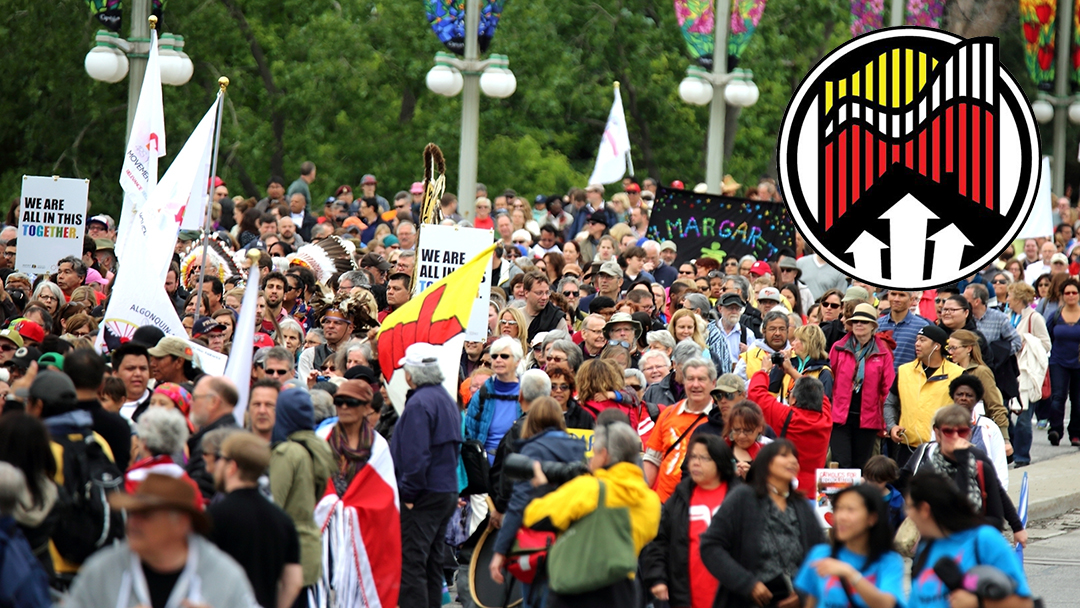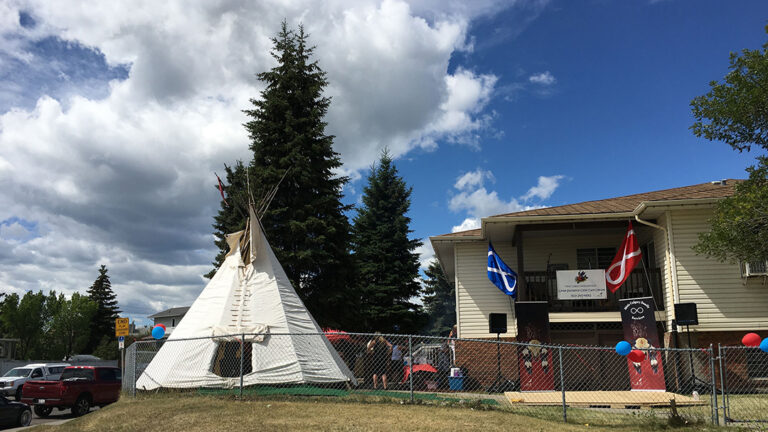To spotlight their dedication to Reconciliation, the Canadian Housing and Renewal Association and the CHRA Indigenous Caucus have recently released a Statement on Reconciliation and Cultural Principles, with the hope to encourage sector organizations to reconfirm their commitment to Reconciliation in day-to-day operations, and beyond.
In 2015, the Truth and Reconciliation Commission of Canada released 94 Calls to Action to promote reconciliation between Canadians and Indigenous Peoples. This was the outcome of the largest class-action settlement in Canadian history—known as the Indian Residential Schools Settlement Agreement—which sought to recognize the damage inflicted to some 86,000 Indigenous children forced to enrol in residential schools. Urging all levels of government to work together in a continued effort at reconciliation, the Calls to Action touch on varied aspects of Indigenous experience, including the troubling housing crises plaguing Indigenous communities.
To spotlight their dedication to Reconciliation, the Canadian Housing and Renewal Association and the CHRA Indigenous Caucus released their Statement on Reconciliation and Cultural Principles (full text here) on February 18.
Inspired by Indigenous housing provider Namerind’s culture statement, which was shared with the community housing sector last summer, the document highlights the Seven Sacred Teachings of the Grandfathers, which provide insight into the values held by the CHRA: honesty, wisdom, courage, humility, love, respect and trust.
“There is a great need for Indigenous voices to be heard and supported by those who understand the unique issues Indigenous peoples face,” says Robert Byers, Namerind’s president and CEO.
Housing that is safe, secure and affordable is a cornerstone of the path to Reconciliation. As a national association representing social, non-profit and affordable housing, the CHRA is well versed in ensuring statements and actions go hand-in-hand and are embedded in practice.
For example, in November, the Indigenous Caucus launched For Indigenous, By Indigenous, an initiative urging the government of Canada to develop a separate housing strategy for First Nations, Inuit and Métis households living in the urban, rural, and northern areas of Canada. The affordable housing strategy would affect the 87% of Indigenous households not living on reserve lands, a move the association qualifies as a “a watershed moment, a once-in-a-generation opportunity.”
“Organizations must be prepared to reconfirm their commitment to Reconciliation every day by supporting Indigenous Peoples and organizations, learning about the history and culture of Indigenous Peoples, and take steps to improve the lives of Indigenous Peoples in our communities,” says Steven Sutherland, the Indigenous Caucus manager.
“Reconciliation is not always an easy path, and mistakes will be made, but it’s a path we must follow—we hope that the statement we have shared will be one step that organizations can take on that journey,” he adds.



